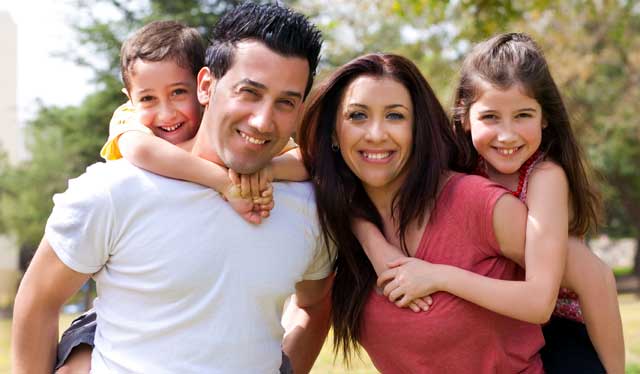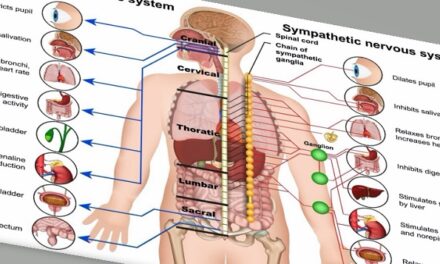Think for a moment about a time when your children broke the rules. You probably didn’t have to think very long. Perhaps he or she broke their curfew, or maybe they didn’t finish their chores. Maybe your child did not make the bed or clean up their toys. Like most parents when you saw those things, you may have reacted negatively, maybe angrily. As you may have noticed, this only engenders negative reactions in your child, from shame, to anxiousness, to anger and even defiance.
What if there was a better way?
The Nurtured Heart Approach teaches parents to positively energize when things go right (and there are many, admit it!), and minimize the amount of energy placed into moments when things go wrong. When a parent points out to the child every time they come home before curfew, every time when they finish their chores, or every time they make the bed or clean their toys, it builds inner self worth for the child.
What do we do about the moments that go wrong? Get curious, not furious! As parents, it is normal to feel frustrated, confused, or angry when children misbehave. It is normal even to let those feelings overshadow the things that go right and the things that make our children the wonderful people we know they are. The Nurtured Heart Approach teaches us to notice the goodness and the greatness in children using evidence, even when it seems like so much can point to the opposite. It teaches us to respond to the negative behaviors with low energy consequences that are absolutely clear and consistent.
When parents get intense feelings of anger towards their children, a good place for that parent to begin is to ask themselves why children behave the way they do, and then to figure out‒as a detective‒what things went right and how to energize them in the best way possible. Focus on the positive as much as possible, and amazing transformations will happen.
The Nurtured Heart Approach teaches three core pillars‒or “Stands”‒when assisting children who experience intense behaviors and feelings:
- Stand 1: Absolutely Not!
- “I will not reward my child’s negativity with my energy, connection, and relationship.”
- Stand 2: Absolutely Yes!
- “I will constantly create and energize positivity and success through my recognitions and relationships.”
- “I will energize and nurture first-hand experiences of success.”
- Stand 3: Absolutely Clear
- “I will set clear, consistent limits and provide clear, unenergized consequences.”
These are the concepts used in the Nurtured Heart Approach-
- Active Recognitions: Describe to your child out loud what you see.
- Examples: “I see you (behavior: e. finished your chores),” or “I notice that you (behavior: i.e. made the bed this morning), or “Here’s what I’m seeing (actions or behaviors).”
- Experiential Recognition: Add to your active recognition by stating what it says about them.
- Example: “I see you finished all of your chores today, and that makes you hardworking.”
- Proactive Recognition: Give praise for rules not broken
- Example: “I noticed that you made it home in time before curfew today. That shows that you have a lot of self control.”
- Creative Recognition:
- Offer a request that you know the child can honor, and then celebrate a moment of success
- Some requests may not be clear. For children who misbehave often, avoid using words such as “could you” or “are you able to.” Instead say, “I need you to.”
- Do whatever it takes to give the child a moment to succeed and then recognize the child when the success occurs.
- Offer a request that you know the child can honor, and then celebrate a moment of success
There are plenty of other tools and readings about the Nurtured Heart Approach. If you are interested, feel free to check out the resources below.





